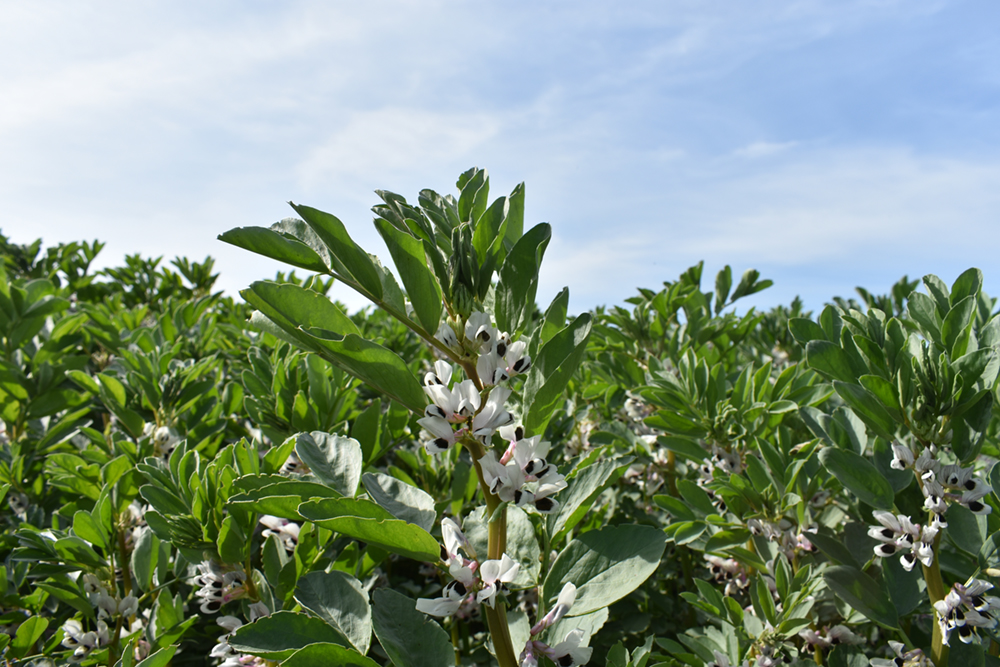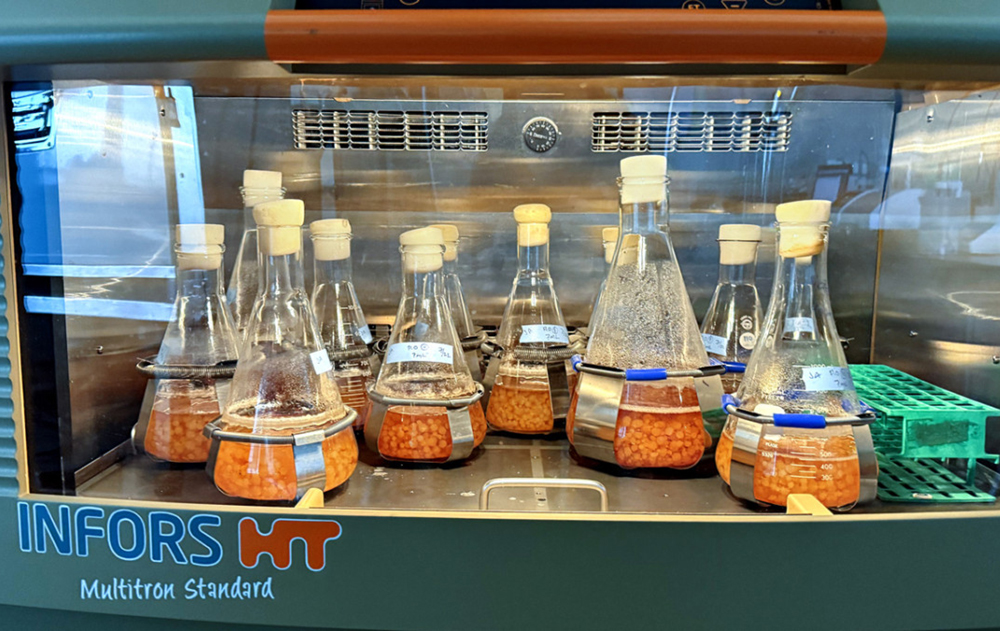

Finance sector urged to back the global protein shift as FARMS Initiative launches new investment standards at COP30
A coalition of animal protection and sustainability organizations used COP30 to introduce a new investment framework designed to help financial institutions shift capital away from intensive animal agriculture and toward humane, low-emission, plant-forward food systems. The FARMS Initiative, formed by Humane World for Animals, World Animal Protection and Compassion in World Farming, launched its Responsible Minimum Standards for the Protein Shift at an official side event in Belém, Brazil. The framework was presented as a practical tool for banks, insurers and investors seeking to align portfolios with global climate, biodiversity and public health goals.
The FARMS Initiative said the standards were needed because global food production continued to depend heavily on industrial livestock systems despite mounting evidence that these operations contribute to environmental degradation and animal suffering. According to the coalition, more than 94 billion terrestrial animals were farmed and slaughtered annually for food worldwide. The group said animal agriculture drove at least 16.5% of human-induced greenhouse gas emissions, placing it on par with all transport combined, while also contributing to deforestation, biodiversity loss and antimicrobial resistance.
World Animal Protection used COP30 to emphasize that redirecting finance was essential to transforming food systems. The launch of the Protein Shift Responsible Minimum Standard followed the organization’s own call for financial institutions to help accelerate the transition toward humane and sustainable protein production. The group highlighted that billions in public subsidies and private capital continued to sustain factory farming, even as governments and multilateral agencies warned that food systems needed to change dramatically to meet the Paris Agreement and nature targets.
The Protein Shift Responsible Minimum Standard outlined expectations for how financial institutions could approach the transition. While the framework set out detailed recommendations, the FARMS Initiative said its core purpose was to encourage investors to publicly recognize the need for a shift from animal-based to plant-based and alternative proteins, establish measurable objectives aligned with net-zero pathways, redirect capital toward diversified protein systems and disclose progress transparently. The standard formed the second part of a broader set of guidelines developed by the coalition, following an earlier Animal Welfare Responsible Minimum Standard that defined minimum expectations for how six farmed species should be raised, transported and slaughtered.
Kelly Dent, Director of External Engagement at World Animal Protection, said the standard provided institutions with a way to address systemic risks. “Animal agriculture is a major contributor to the climate, nature, and health crises we face. The Protein Shift RMS helps financial institutions manage these risks and invest in food systems that are better for animals, people, and the planet,” she said.
Peter Stevenson, Chief Policy Advisor at Compassion in World Farming, said the shift needed to be significant. “To avoid climate disaster, there needs to be a major reduction in meat consumption in upper- and middle-income countries. Financial institutions must help finance a move to flexitarian diets containing protein-rich plants such as beans and soy products. They should also fund the development of precision fermentation which the UN Food and Agriculture Organization notes is paving the way for food industry transformation,” he said.
Humane World for Animals highlighted that the finance sector had a central role in determining the future direction of food systems. Jackie Groberski, Director of Corporate and Financial Institution Engagement, said institutions could use the new standards to take credible steps toward supporting the protein transition. “Financial institutions play a pivotal role in shaping the future of food, which comes with the responsibility to do it right. By adopting the Protein Shift RMS, institutions can take practical, credible steps to finance the future of plant-forward food systems, aligning with global sustainability goals while advancing animal welfare, encouraging the necessary shift to more planet-friendly plant-proteins, and ultimately, improving food security for all,” she said.
World Animal Protection said the FARMS Initiative’s work reinforced findings from its recent report Subsidising Factory Farm Harm, which documented how public funds continued to support industrial livestock production. The organization said both the report and the new investment framework pointed to the same conclusion: governments and financial institutions needed to stop subsidizing practices that harmed animals and ecosystems and start funding models capable of delivering humane, climate-compatible food systems.
The group said the transformation of food systems required cooperation between policymakers, financial institutions, farmers, industry and civil society. It argued that redirecting financial flows represented not only a climate imperative but also a moral and economic opportunity to support a just transition that protected workers, strengthened communities and restored ecosystems.
World Animal Protection said that by pairing the Protein Shift Responsible Minimum Standard with policy reform, it would be possible to unlock the level of investment required to expand plant-based and alternative protein solutions. The organization linked this to the Just Food Transition Roadmap, which set out more than one hundred policy recommendations for governments, companies and investors seeking to build humane and sustainable food systems.
The group emphasized that the choices made in financial centers today would shape the availability, affordability and sustainability of protein for decades to come. By adopting the new standards, it said, investors could contribute to a future in which capital supported the shift to humane, low-emission diets and reduced reliance on factory farming.
If you have any questions or would like to get in touch with us, please email info@futureofproteinproduction.com

.png)






